Sister Maria Rosa Leggol’s Living Legacy
Known Also as the ‘Mother Teresa’ of Central America
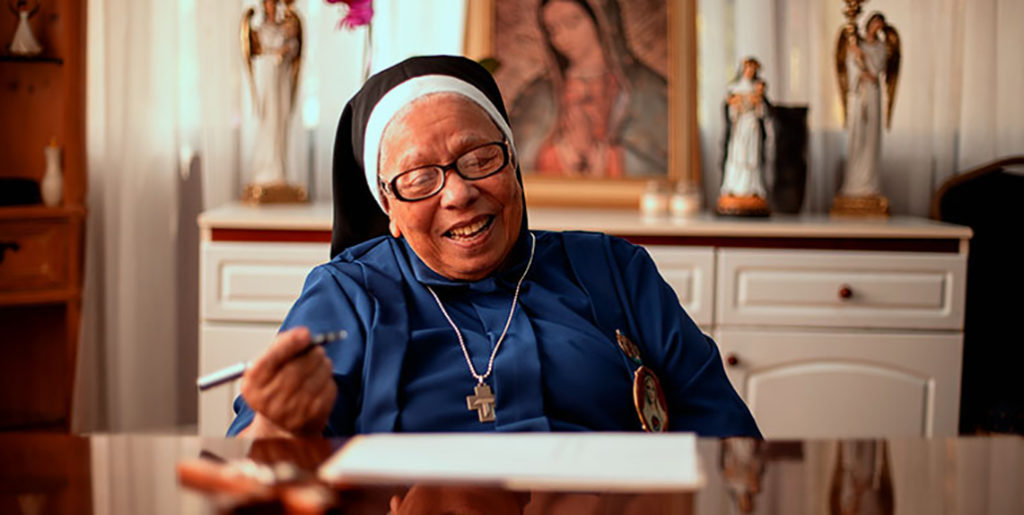
Journalist Jose Antonio Varela offers this article on the legacy of Sister Maria Rosa Leggol, also known as the “Mother Teresa” of Central America.
* * *
She had doctorates but, instead, lectured with her life. She was awarded medals, although she preferred the people’s prizes. She was called Sister Maria Rosa Leggol and is remembered by some 80,000 beneficiaries of her works, as the “Mother Teresa of Central America.”
With this title, which was worth more than the academic degrees or tributes received, is the way this Franciscan nun, 93, said goodbye to her native Honduras on October 16, 2020, submissive to the call of the only One that, she said, could give her orders: God Himself.
This woman religious, taking up arms, expressed with irony, in public and in private, that “there was no man on earth that could oblige her to do anything.” It was not disrespecting to the authority of the Church, whose Pastors always supported and encouraged her, but a phrase charged with profound spirituality: she only obeyed God.
Suffering from COVID-19, which vanquished her in her last battle, her death has enabled Mother Maria Rosa’s extensive work to be recognized in its just measure.
Thus it was that she received the first of her posthumous medals during her wake, from the hands of Cardinal Oscar Rodriguez Maradiaga, her Archbishop in Tegucigalpa. Right there, this high Prelate announced that the Cause of Beatification would be opened of this daughter, pride of the Church, Mother of the dispossessed and guarantee that Latin America can transform misery into mercy.
The misery Sister Maria Rosa came across was the same as that of the Gospels, like that of the past and of the present of the American Continent: poverty, abandonment of the dispossessed in public policies, exploitation, and lack of opportunities.
But, the new “Mother Teresa” did not shield her eyes, nor did she wait for others to change things, and, even less so, did she shut herself in her convent. She wasn’t like that. As Jesus Christ, she went out, felt compassion for the neediest, and filled them with God’s mercy through her works.
A Fruitful Life
It was the year 1966, and the following years in Honduras, specifically in Choloma and Nuevo Paraiso, where this Religious, daughter of Saint Francis of Assisi, saw with concern that families wanted to leave the streets and have a roof to shelter them. The tense political and economic situation, made people claim a fundamental right: housing.
In Pope Francis’ thought this T (of techo or roof), together with two others, as are “work” that is always decent and stable, and “land,” of one’s own for those that work on it, are “sacred rights” that, despite being inalienable, are the first that the political class ignores or abandons when it comes to governing.
Happily, however, Honduran communities had their local “Mother Teresa,” who committed herself from the beginning to acquire providentially large plots and financial aid to build dwellings for the homeless, to whom she would also provide a system of education and access to health care. “What would our future have been like without Mother? Said a young single mother when asked in front of the cameras.
It is said that Sister Maria Rosa, while her health allowed, jumped like a spring when she saw people’s needs and committed herself with firm steps and hands to resolve their problems. Her collaborators recall that, for the planning of the works, her restlessness went from her mind and heart to her hands and action, along with an encouraging smile, which was always on her face. With this attitude of a satisfied soul, she illumined and gave hope to mothers with their children, to discarded grandparents, to empty young people, and to victims of natural disasters, whether they lived in Nicaragua, Guatemala or in other countries of the region.
However, that spring didn’t move alone; behind this consecrated woman a whole team of collaborators mobilized, who “plunged into the pool” with her, without knowing where they would go or how they would cope. But they had the conviction that, in the end, the Sister who was their leader and strict boss, would lead them to open soon a new monumental work. They were convinced when she explained to them why she did the works: “I helped you because Good sent me to do so. May He continue to send her, pray all those who mourn her absence . . .
Preserve Her Legacy and Imitate Her
In order to spread knowledge of Sister Maria Rosa’s life, full of fruits and faith in God, of Christian charity and an indomitable will, a documentary video is being made on her life, addressed to the new generations and to all those that do not yet know her.
This project, led by the production company Miraflores Films and entitled With This Light, will be a stimulus for those committed to the growth and endurance of the “Friends of Children Society,” founded by her.
The objective of the audio-visual enterprise is to make her known more and to bring her figure closer to popular piety, so that she is invoked with confidence as a friend and aid who is in Heaven, with the conviction that she will intercede and respond from there, as she always did, with concrete works for the neediest.
Causes of Beatification and Canonization are often halted in dioceses or in the Vatican because an appropriate spread of knowledge of the life and teachings of Venerables or of Servants of God isn’t undertaken. Their exemplary and virtuous lives must be shown, their commitment to the people, their motivating writing, and especially the common thread that their existence on earth had, to be recognized as one of those “next door” saints, as Pope Francis has called them.
Come and See
In these info digital times, it’s not necessary to go to Honduras or the neighboring countries to appreciate the work of Central America’s “Mother Teresa.” It can be known in detail and graphically on the Foundation’s Website and social networks.
Offered there are hundreds of thousands of suggestions for vulnerable adolescents, children, and families or for the “improbables,” as CELAM [Latin American Episcopal Council] calls the extremely poor that it seems will never come out of their greatest problem: to move away from the malignant line of poverty.
There are several ways to help Mother Maria Rosa’s work, either through voluntary or solidary professional work, supporting specific construction and security projects, or the cultivation of vegetables, the development of capacities and educational or health services, to give integral quality care to every child, youth or family.
And, if one’s pocket can afford it, send one or more donations to the apostolic work founded by her in Honduras.
For additional information go to: www.sanhn.org
To see the video’s trailer go to: www.vimwo.com/592535130/639267e5b1
Translation by Virginia M. Forrester
Related
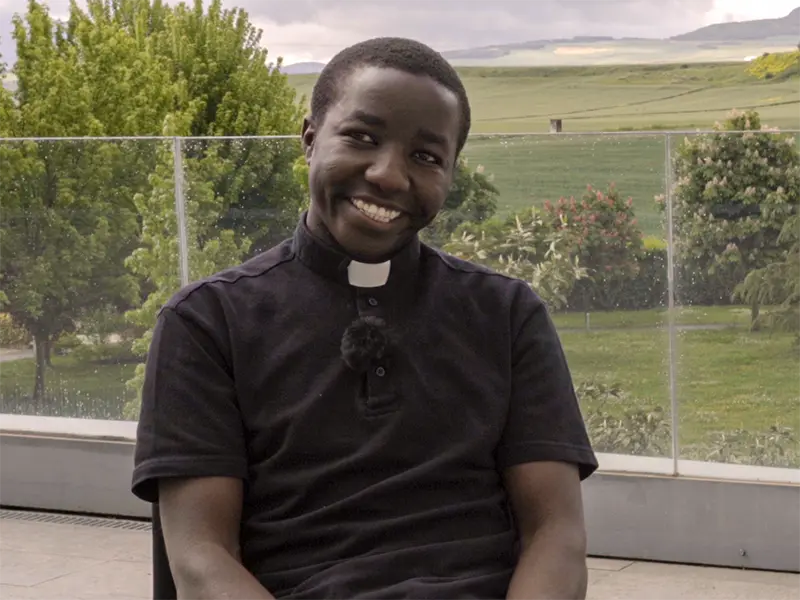
“Being Catholic in Tanzania is a source of pride”
Fundación CARF
16 April, 2025
6 min
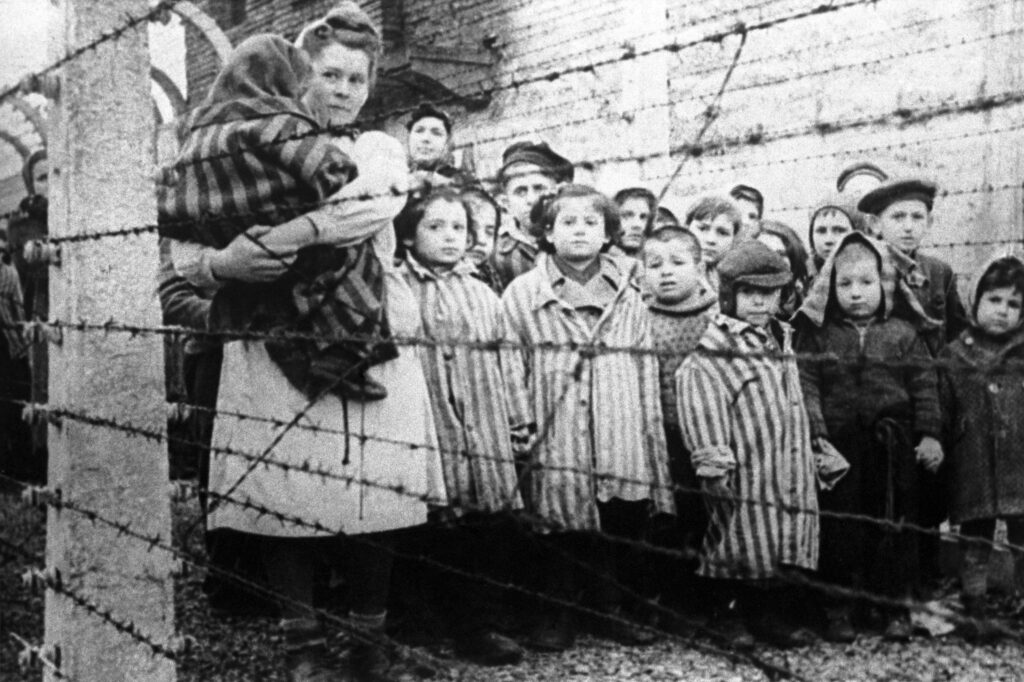
“I Will Never Be Herod for the Innocents”
Wlodzimierz Redzioch
14 April, 2025
6 min
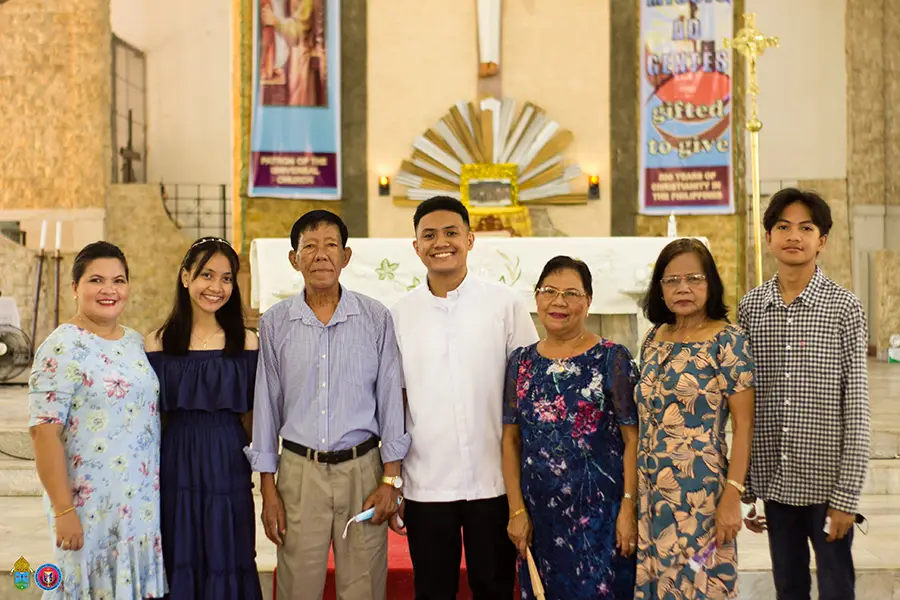
“Spain must preserve the faith it once transmitted to us”
Fundación CARF
07 April, 2025
7 min
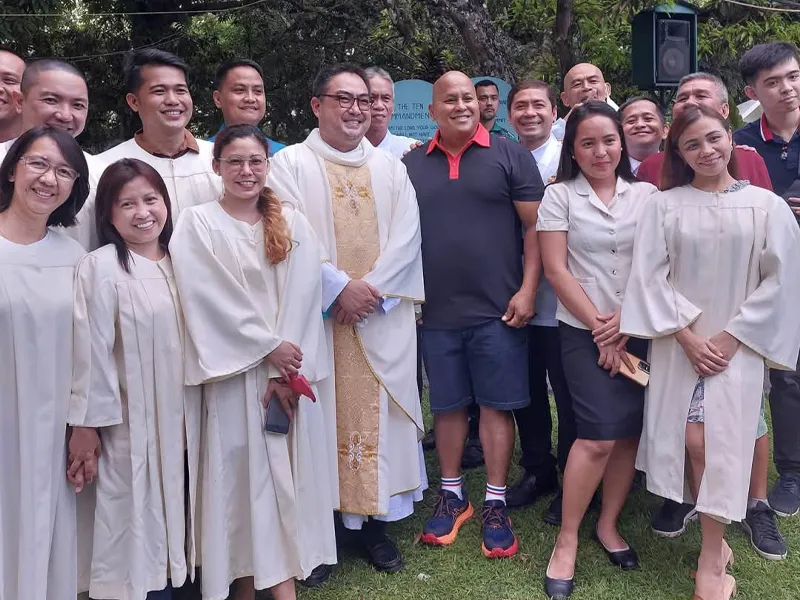
“The priest finds his reason for being in the Eucharist”
Fundación CARF
01 April, 2025
5 min
 (EN)
(EN)
 (ES)
(ES)
 (IT)
(IT)

